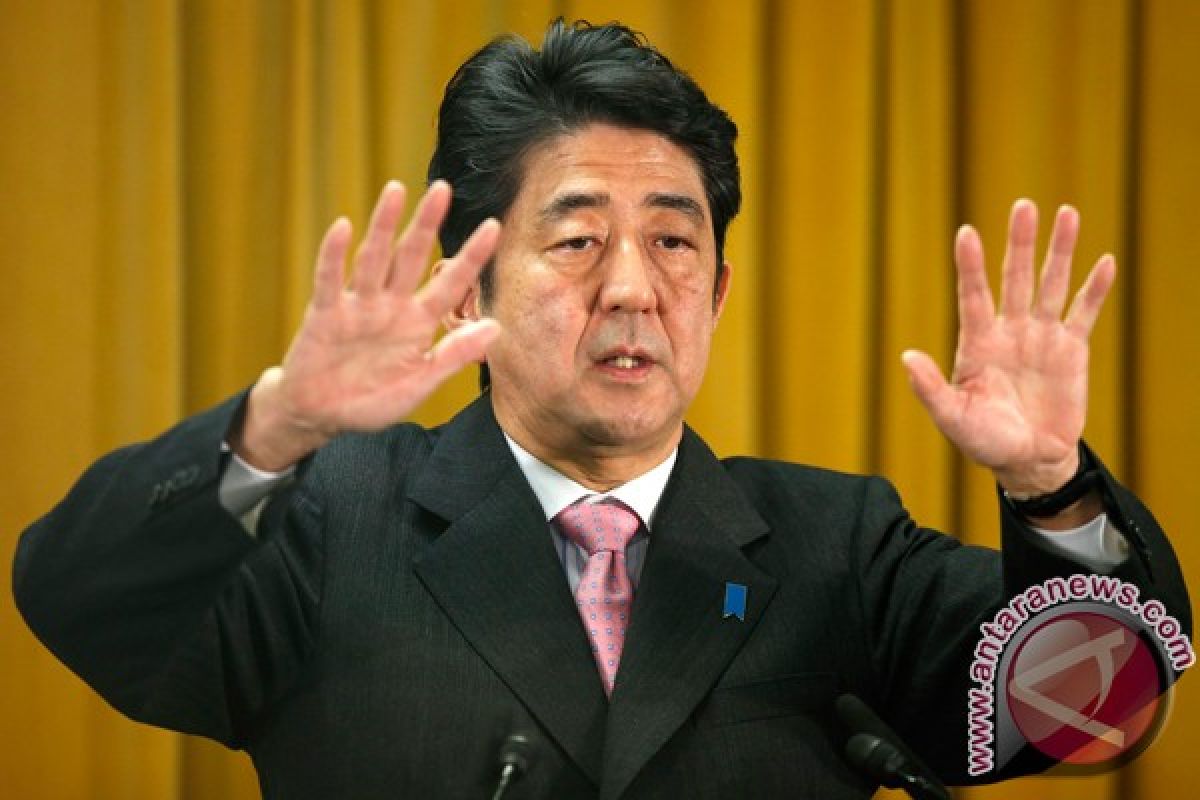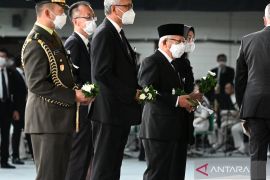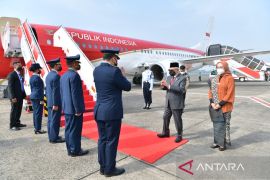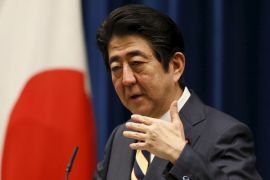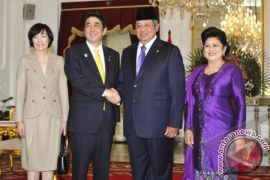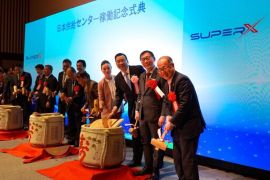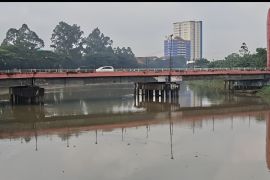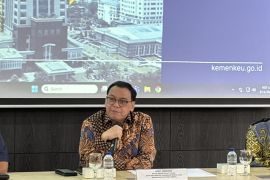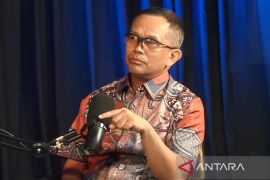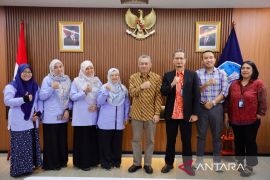"China is an important country for Japan."Tokyo (ANTARA News/Reuters) - Japanese Prime Minister Shinzo Abe will this month make his first overseas trip since winning office to Indonesia, Vietnam and Thailand, aiming to strengthen ties with the growing Asian economies as relations with China stay tense.
Abe had hoped to go to Washington first in order to strengthen Japan`s alliance with the United States, but his visit was postponed due to President Barack Obama`s tight schedule, Japan`s top government spokesman said on Thursday.
Chief Cabinet Secretary Yoshihide Suga said the countries that Abe will visit are at the forefront of Asian economic growth and Japan, mired in deflation and stuck in its fourth recession since 2000, should expand economic ties.
"It`s important to strengthen the cooperation with the ASEAN countries to ensure peace and prosperity in the Asia-Pacific region," said Suga, referring to the 10-member Association of Southeast Asian Nations, adding that those countries were also strategically important for Japan.
Japan`s relations with China took a dive last September after a flare-up in a long-standing territorial dispute over islets in the East China Sea claimed by both countries.
Aiming to offset the economic impact of the feud, Abe has been reaching out to other Asian neighbours since winning a December election, sending his foreign minister on a tour of Southeast Asia and special envoys to South Korea and Russia.
Suga, however, stressed that Abe`s trip was not aimed at counter-balancing China`s influence in the region, which has seen an increase in territorial disputes as a more assertive China and its neighbours look to secure natural resources.
"China is an important country for Japan," Suga said, stressing the strategic nature of Japan`s bilateral ties with the world`s second largest economy.
Nevertheless, Japan shares concern about China with several countries in Southeast Asia that are in dispute with China over parts of the South China Sea, including the Philippines.
Japanese Foreign Minister Fumio Kishida offered during talks in Manila on Thursday to help the Philippines with what it sees as "very threatening" activity by China in the sea, said Philippine Foreign Secretary Albert del Rosario.
"We do have this threat and this threat is shared by many countries not just by Japan," del Rosario said, adding Japan would supply the Philippines with 10 coastguard vessels and communications equipment.
Before his election last month, Abe had pledged a tough stance in the territorial row with China, but experts believe he might take a more pragmatic position now that he is in power.
Abe came to power partly on a nationalist platform and wants to revise Japan`s U.S.-drafted constitution adopted after World War Two. U.S. officials have indicated they would like to see Japan loosen constitutional restraints on its military to enable a bigger global security role.
But Abe`s government will stand by a landmark 1995 apology for Japan`s wartime aggression, said Suga. Any revision would upset Asian nations that suffered from Japan`s militarism.
(U.A061/H-AK)
Editor: Priyambodo RH
Copyright © ANTARA 2013
